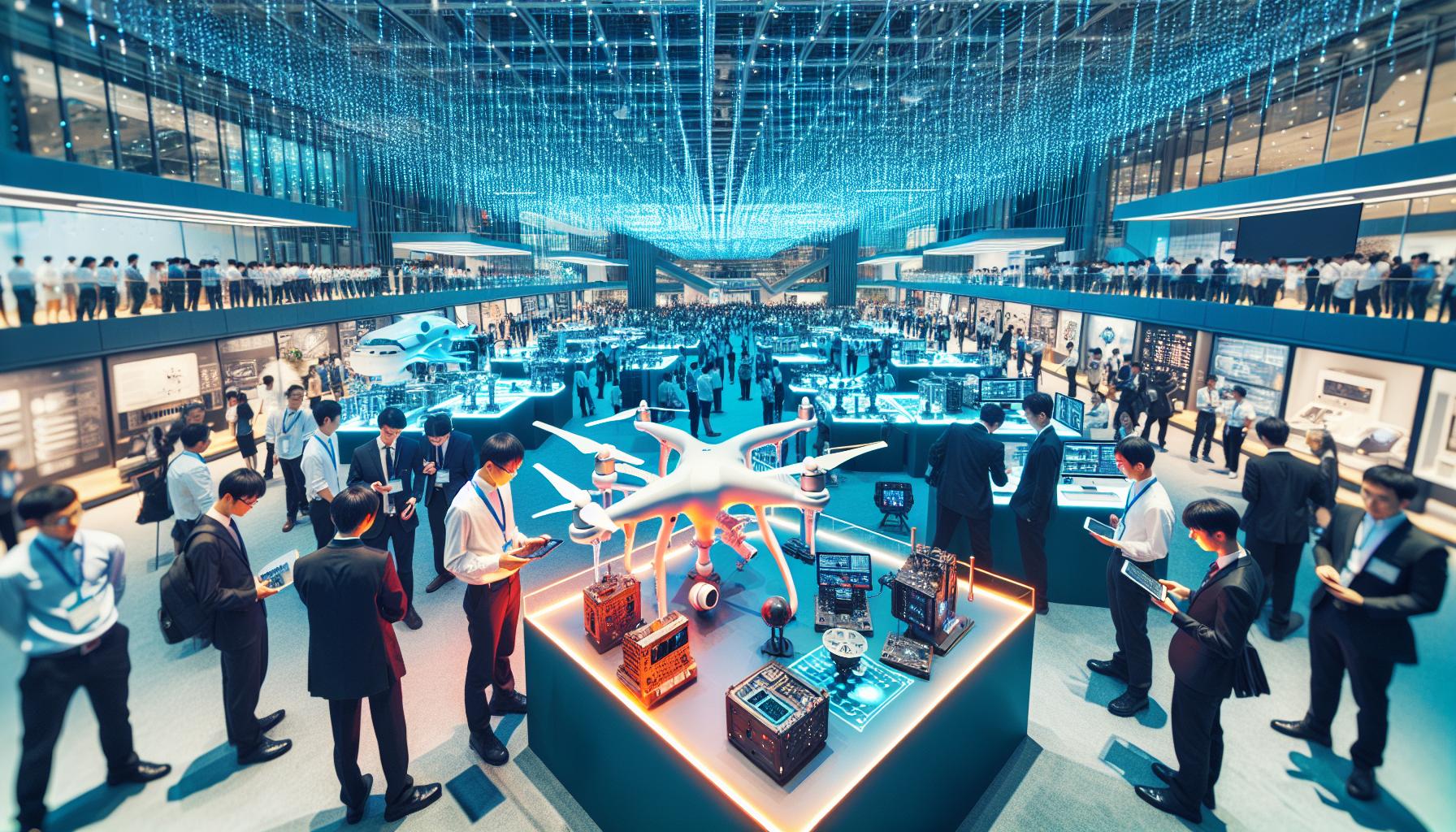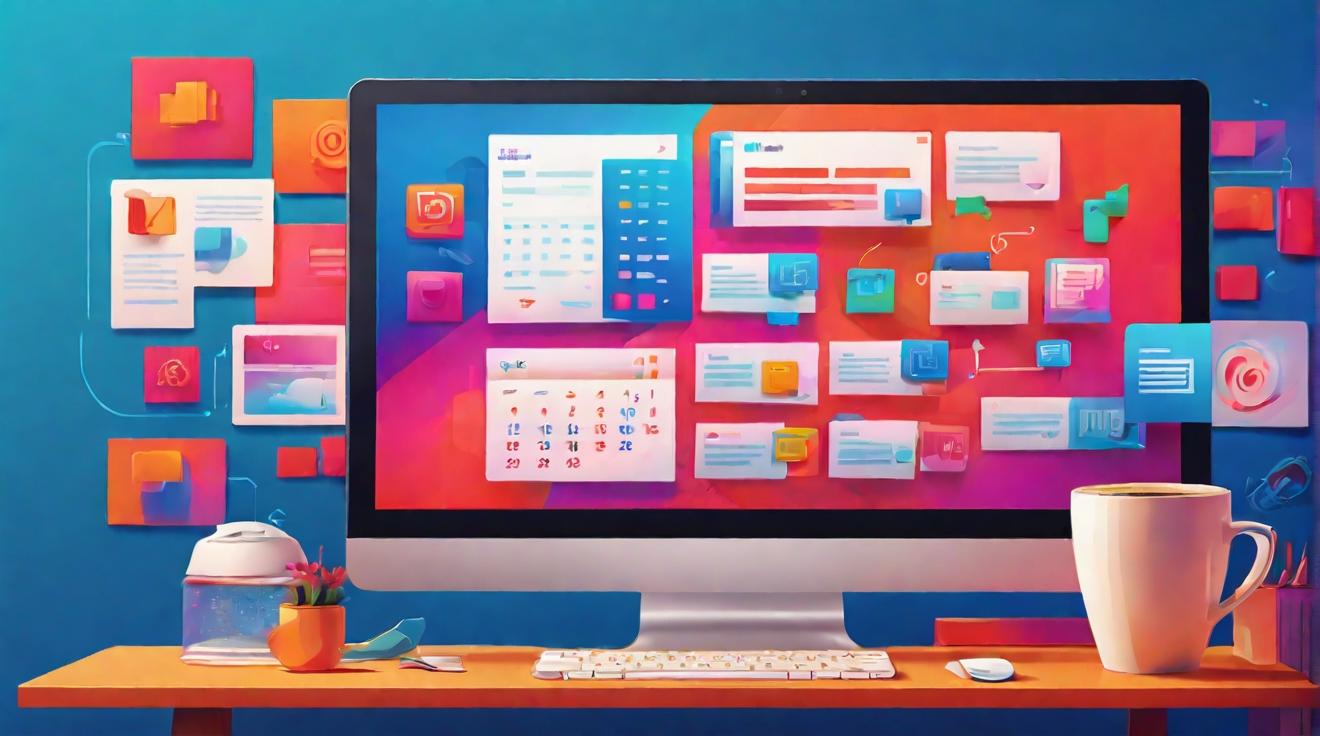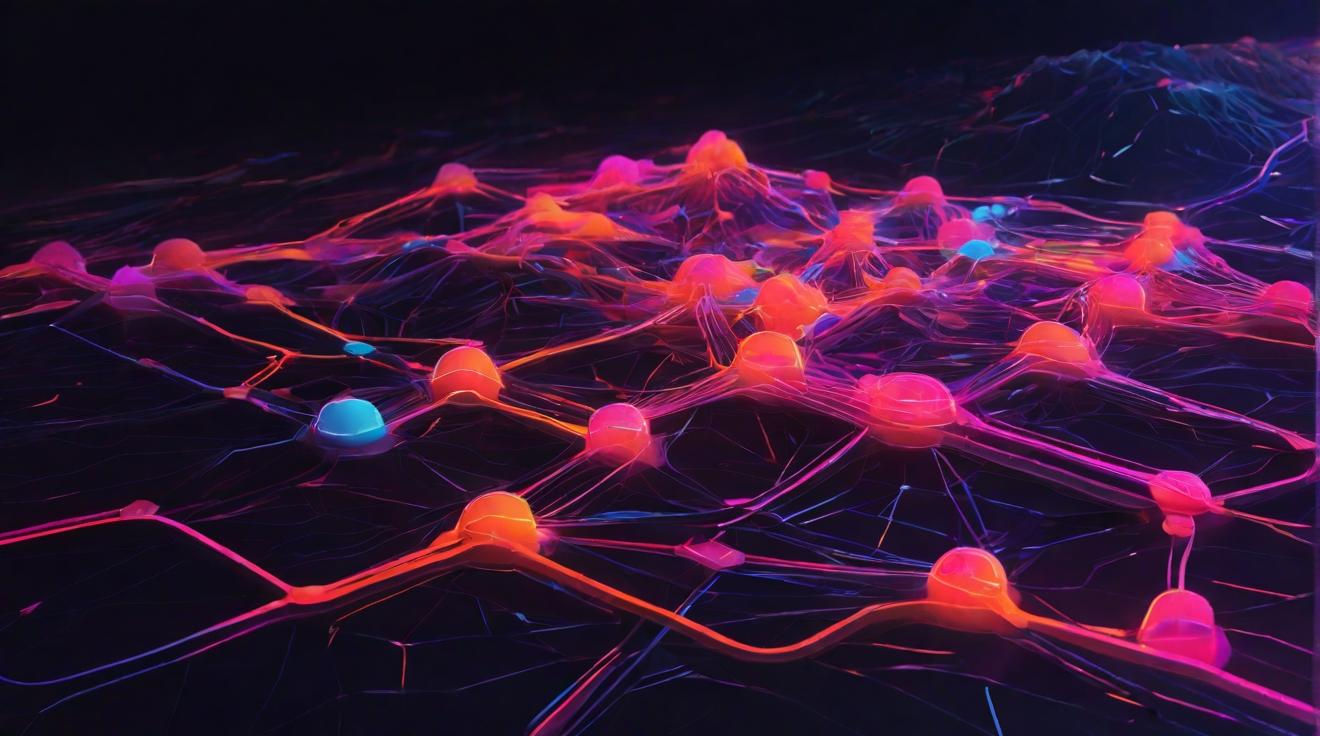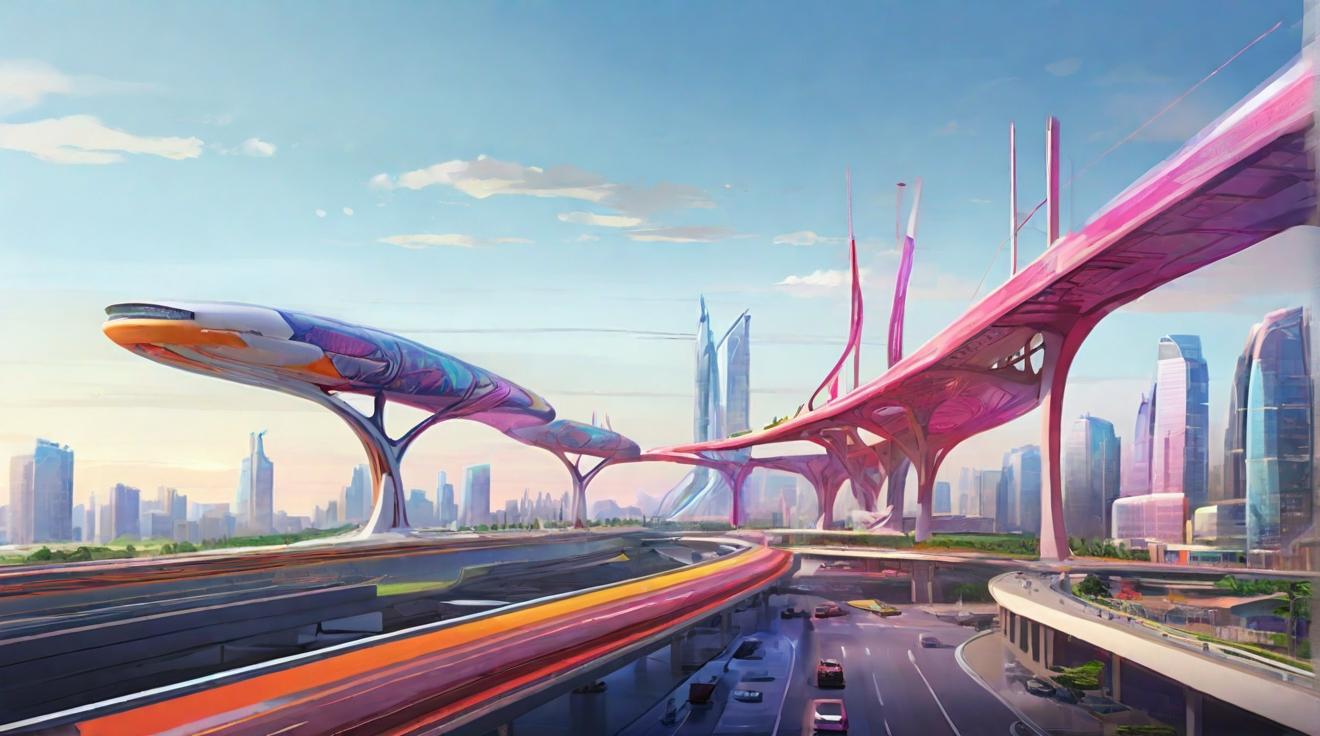Artificial Intelligence and Political Campaigns: The Risks of Misinformation
A report released by the World Economic Forum identified misinformation, amplified by artificial intelligence (AI), as the top risk facing the globe in 2024. With elections scheduled in around 50 countries this year, there are growing concerns about the potential for the misuse of easy-to-use AI tools to create and disseminate fake images, videos, and audio. Experts warn that the world is on the brink of witnessing a “tsunami of disinformation.”
AI in Political Campaigns: Enhancing Image or Harming Opponents?
Divyendra Singh Jadoun, an AI expert based in Rajasthan, northern India, is frequently approached by political campaigns to use AI tools for two distinct purposes: enhancing the image of the politicians they endorse and tarnishing the reputation of their opponents. However, Mr. Jadoun recently had to turn down some controversial requests, such as creating deepfake videos and audio to spread political misinformation. These requests highlight the alarming potential for AI to be weaponized in the world of politics, given its ability to create incredibly realistic content that can deceive and manipulate the public.
The Global Impact of AI-driven Misinformation
The upcoming elections in India, the United States, and Indonesia, among other countries, have raised concerns about the widespread impact of AI-driven misinformation. Various political campaigns across the world have already experimented with AI tools to produce convincing deepfake videos and images to sway public opinion. In the United States, the Republican Party used AI-generated imagery to promote a dystopian vision under President Joe Biden, while in Argentina, image-generation tools were employed to flood social media with campaign material. The use of AI in election campaigns extends beyond official strategies, with citizens also harnessing AI to participate in political discourse.
From Democratisation to Weaponisation: AI’s Role in Elections
The advent of generative AI tools has “democratised” AI technology, making it accessible to ordinary individuals without technical expertise, resulting in potential misuse. This ease of access also raises concerns about the misuse of AI in election processes. AI’s ability to target small groups of individuals allows campaigns to identify swing voters and tailor highly personalized messages to influence their decisions. Moreover, AI can even be used to mislead voters by directing them to the wrong polling place or the wrong day. Foreign actors have also recognized the power of AI for meddling in elections. Multiple countries, including Russia, China, and Iran, have vested interests in major elections worldwide.
Addressing the Challenges: Accountability and Resilient Democracies
Within the AI community, initiatives have emerged to address the misuse of AI tools in the political sphere. Facebook owner Meta and ChatGPT developer OpenAI have taken measures to limit AI’s role in political campaigns, including banning the use of AI for political advertisements and campaigning. However, AI researcher Aviv Ovadya points out that, to some extent, the misuse of AI is already beyond the control of governments and developers. He highlights the importance of not only preventing the development of weaponized AI but also improving democracy itself. Alternative approaches, such as citizen assemblies, are seen as more resilient and less susceptible to misinformation. These approaches aim to foster consensus and reduce the adversarial nature of traditional democracies. Additionally, social media platforms can optimize their algorithms to promote content that brings people together and implement systems to verify authenticity and provenance.
As the world braces itself for a flood of elections, the challenge lies in striking a delicate balance between the positive use of AI in political campaigns and mitigating the risks it poses to democracy.
Analyst comment
Negative news. The market will likely see increased demand for AI tools and technology to combat misinformation in political campaigns. However, there may be regulatory challenges and potential backlash against AI’s involvement in politics, leading to greater scrutiny and limitations on AI use in the political sphere.













